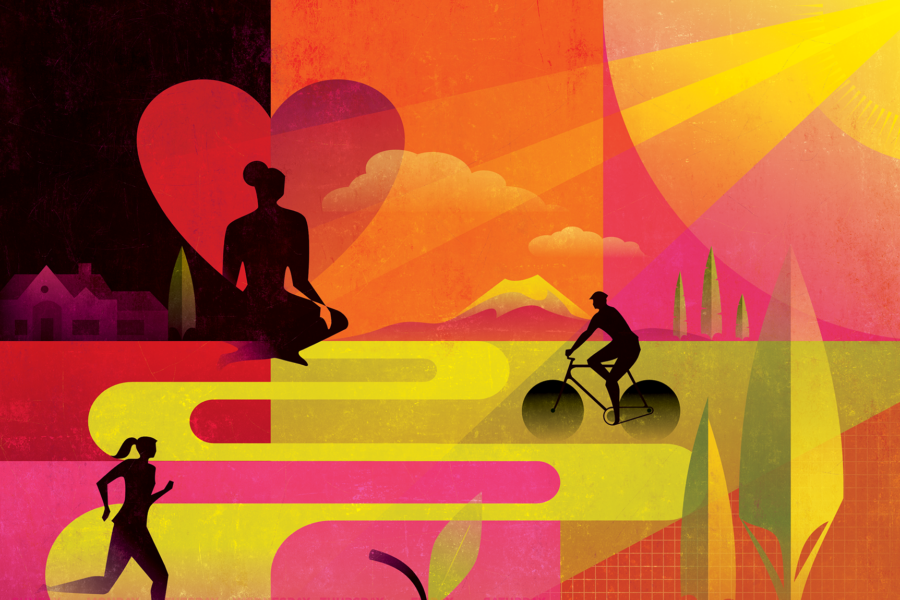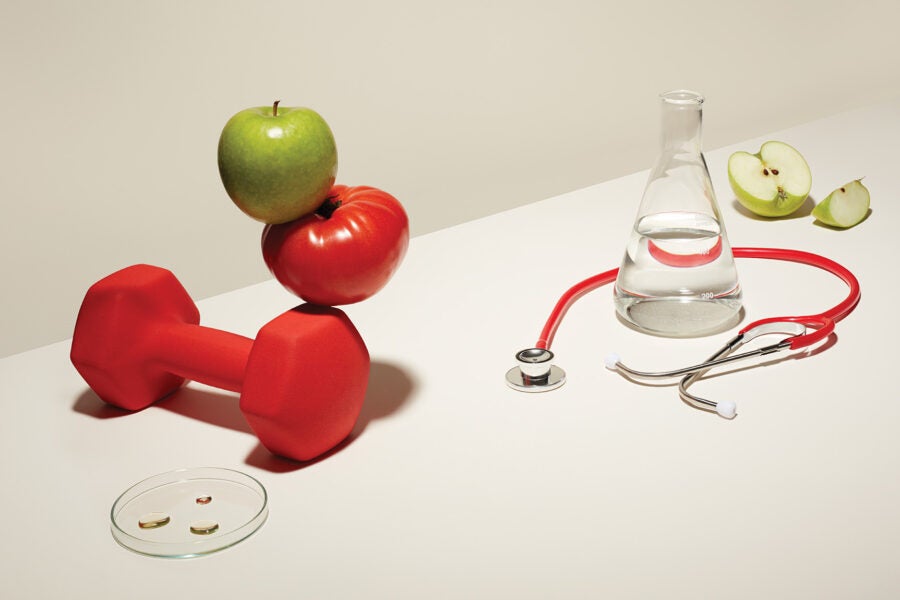Which Health Hacks Are Worthwhile?
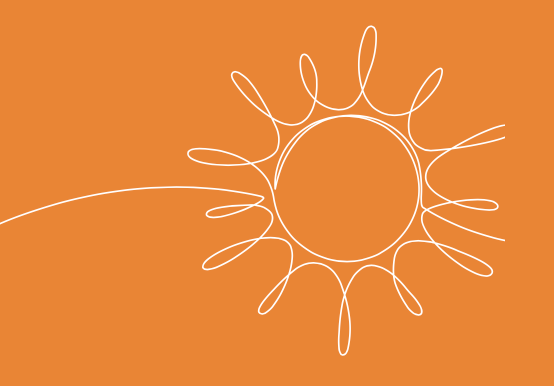
Morning Light for Better Sleep?
The dark mornings and bright evenings of Daylight Saving Time don’t align with the internal clock that regulates our sleep cycles, says Steve Kay, University and Provost Professor of Neurology, Biomedical Engineering and Quantitative and Computational Biology. He recommends getting sun exposure as early in the morning as possible and at night, dimming screens on electronic devices to minimize disruptive blue light.
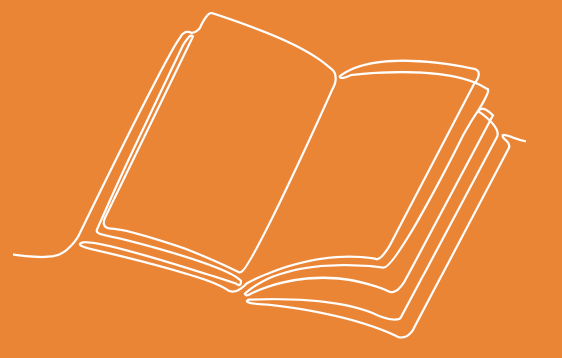
Keep a Gratitude Journal?
A thankfulness routine is well worth the effort, says Glenn Fox ’14, assistant professor of clinical entrepreneurship at the USC Marshall School of Business and an expert in the science of gratitude. He notes that “gratitude is linked to several health benefits, including better sleep, increased physical activity, lessened pain symptoms, and lower blood pressure and inflammation levels.”
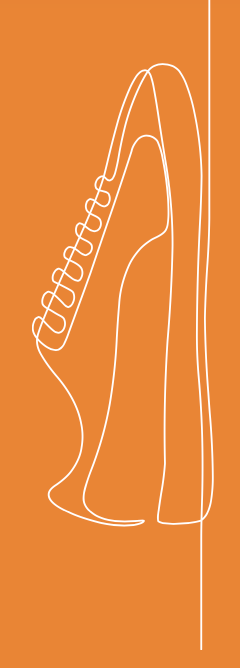
Aim for 10,000?
The 10,000 steps-a-day goal actually began as a marketing campaign for a Japanese pedometer in the 1960s, says David Raichlen, professor of biological sciences and anthropology. Studies now indicate that any increase in the number of steps you normally take will generally improve your health.
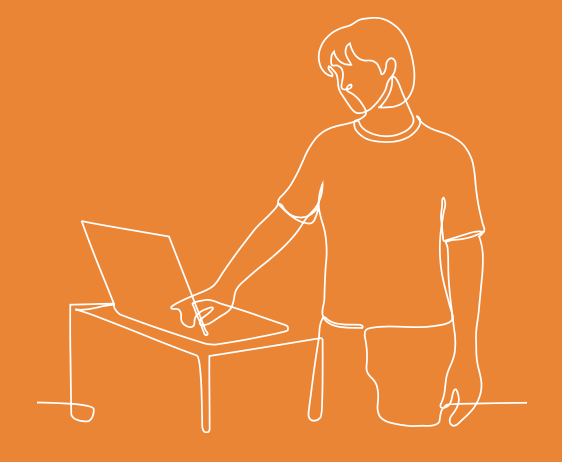
Switch to a Standing Desk?
Standing desks may offer some health benefits, such as helping to regulate blood sugar after meals, but they aren’t a cure-all for sitting-related health issues. They also may cause discomfort if used excessively. Alternating between sitting and standing, and staying active are best for maintaining overall health, advises Raichlen.

Add Salt to My Water for Better Hydration?
This may be beneficial, says Grayson Jaggers, associate professor (teaching) of biological sciences. Sweat contains both salt and water and it’s important to replenish both as you lose them. Too much sodium leads to high blood pressure, however, and foods also provide salt, so don’t overdo supplementation.

Is Raw Milk Healthier Than Pasteurized?
Jaggers says no. The science shows that the pasteurization of milk has no significant, negative impact on its nutritional quality but does increase its safety. Unpasteurized milk is among the riskiest foods, and consuming it can have life-threatening consequences.
The Longevity Guide
Our experts share their research insights on how to live a longer, happier and healthier life.
